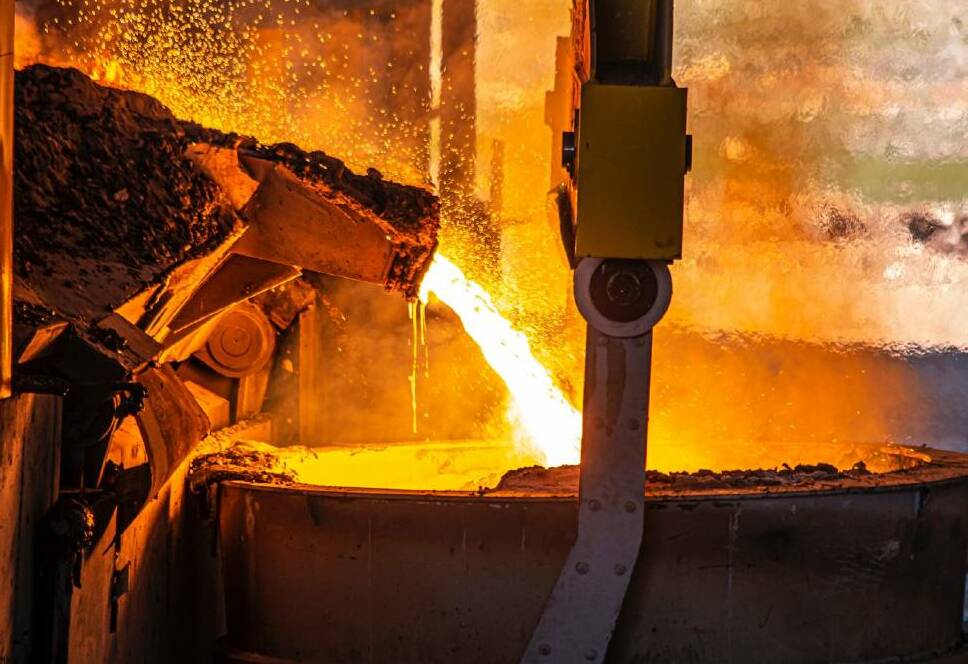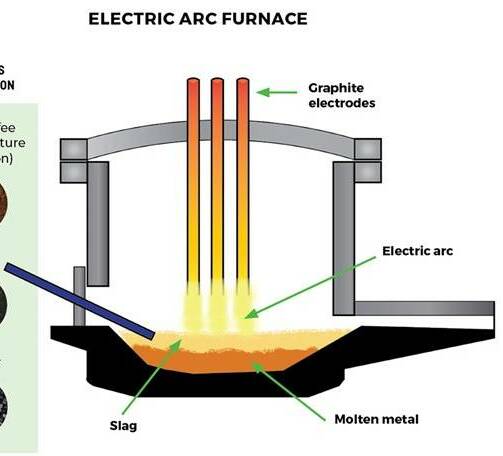Molycop says its green steel research partnership with the University of NSW will continue despite its Newcastle steel making operations being placed into care and maintenance.
The partnership has resulted in world-leading breakthroughs in the use of waste materials, such as coffee grounds and rubber tyres, as alternative sources of coke and coal.
The research team demonstrated last year that the waste materials can provide the element hydrogen, which vastly improves the efficiency and energy required for the manufacturing process.
Molycop confirmed in a statement that the project would continue, but did not specify if or how it would be affected by the shuttering of the Newcastle operation where much of the research takes place.

The University of NSW did not comment.
Minister for Industry and Science Ed Husic said on Thursday that green steel would play an essential role in Australia's clean energy transition.
"Green steel is going to be very important for us long term. I've been talking with different players in the steel industry about how we start to line up our act on that," he said.
"A lot of things that are being built as part of the transition to net zero are going to be built off a platform of steel, aluminium and other other metals. Being able to produce that steel sustainably without increasing the carbon footprint, that's a big challenge."

He noted other countries were proactively working towards the manufacture of green steel and Australia needed to follow suit as part of its industrial decarbonisation plan.
A particular focus was how waste scrap metal could be used for domestic green steel production rather than exporting it.
"It's good that Molycop has worked with the University of NSW and I'm sure that there'll be other universities that want to step up and help us to do that type of work in the manufacture of green steel," Mr Husic said.
University of NSW SMaRT Centre Director Professor Veena Sahajwalla said the research project showed that high-quality steel products could be produced from a wide range of waste materials.
"The metal that gets produced doesn't have any memory of whether the parent material that went in was coal or coffee," Ms Sahajwalla said last year.
"We've proven that it does the job at a comparable level, so we're going to be at least sitting at an equivalent performance.
Molycop announced earlier this year that it had commercialised a new process to incorporate rubber from sources including end of life tyres and work boots into electric arc furnace steelmaking.
The announcement marked the next generation of green steel 'Polymer Injection Technology'. This replaces a portion of coke used in steelmaking with recycled materials.
The new process will reduce Molycop's reliance on "imported carbonaceous materials by up to 20 per cent", saves on Molycop's electricity consumption, and removes "up to 90,000 tyres from landfill".







